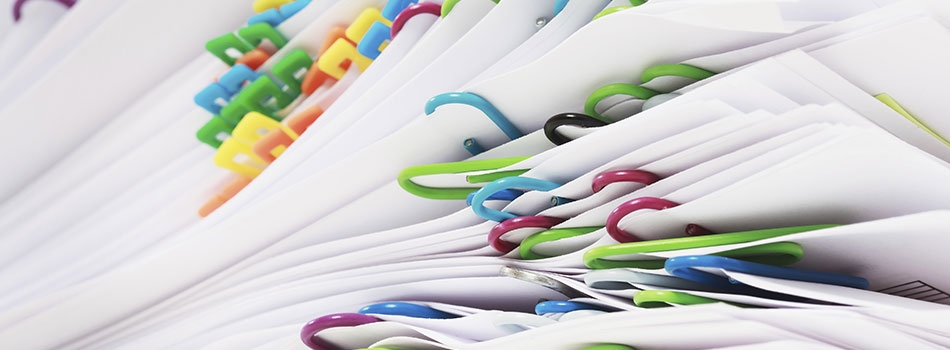
Authorship is a mechanism that enables those who made a significant intellectual contribution related to a scholarly work product to receive credit for that contribution. Being listed as an author entails a willingness to be held accountable for the authenticity of the described work. Among other ethical responsibilities, authors must present their work accurately, honestly, and sincerely.
Authorship norms and conventions can vary depending on many factors including disciplinary practices, institutional policies, and guidelines from professional journals. However, common authorship criteria in STEM fields include whether each person:
- Made a significant scientific/intellectual contribution;
- Had a role in writing and/or revising the work product;
- Reviewed the final work product and agreed to have their name listed on it; and
- Expressed a willingness to be held accountable for all (or at least some portion) of the work product.
Normally all four of the above criteria, and perhaps others as well, guide determinations on who deserves authorship on a scholarly work product. To help facilitate discussions about authorship within research teams, the Authorship and Research Collaboration Plan document has been created. A short version of the document has been developed as well. In addition, sample authorship criteria and guidelines from professional organizations are listed below.
It is important to note that being an author on a publication does not necessarily bestow ownership of the data, or if relevant, intellectual property, described in the publication. The criteria for determining ownership of data or intellectual property (IP) can vary from those used to guide authorship decisions. For more information about IP, refer to the GT Intellectual Property Policy.
Sample Authorship Criteria
- Association for Computing Machinery (ACM)
- International Committee of Medical Journal Editors (ICMJE)
- Institute of Electrical and Electronics Engineers (IEEE): Publication Services Manual (PDF)
Guidance for Authorship & Authorship Disputes
Other Links & Resources
- American Chemical Society: Journals’ Ethical Guidelines (PDF)
- American Geophysical Union: Guidelines to Publication of Geophysical Research
- American Historical Association: Statement on Standards of Professional Conduct
- American Institute of Aeronautics and Astronautics: Ethical Standards for Publication of Aeronautics and Astronautics Research
- American Institute of Physics: Policies and Ethics
- American Mathematical Society: Ethical Guidelines
- American Physical Society: Guidelines for Professional Conduct
- American Political Science Association: A Guide to Professional Ethics in Political Science
- American Society of Civil Engineers: Ethical Standards for Publications of ASCE Journals
- American Society of Mechanical Engineers: Ethical Standards
- American Sociological Association: Authorship Credit
- Association for Computing Machinery: Policy on Roles and Responsibilities in ACM Publishing
- Committee on Publication Ethics
- Council of Science Editors: Authorship and Authorship Responsibilities
- Council of Science Editors: Editorial Policies Statements
- Council of Science Editors: White Paper on Promoting Integrity in Scientific Journal Publications
- Federation of American Societies for Experimental Biology: Editorial Policies
- Institute of Electrical and Electronics Engineers: IEEE Intellectual Property Rights
- International Committee of Medical Journal Editors: Defining the Role of Authors and Contributors
- Society for Neuroscience: Guidelines for Responsible Conduct Regarding Scientific Communication